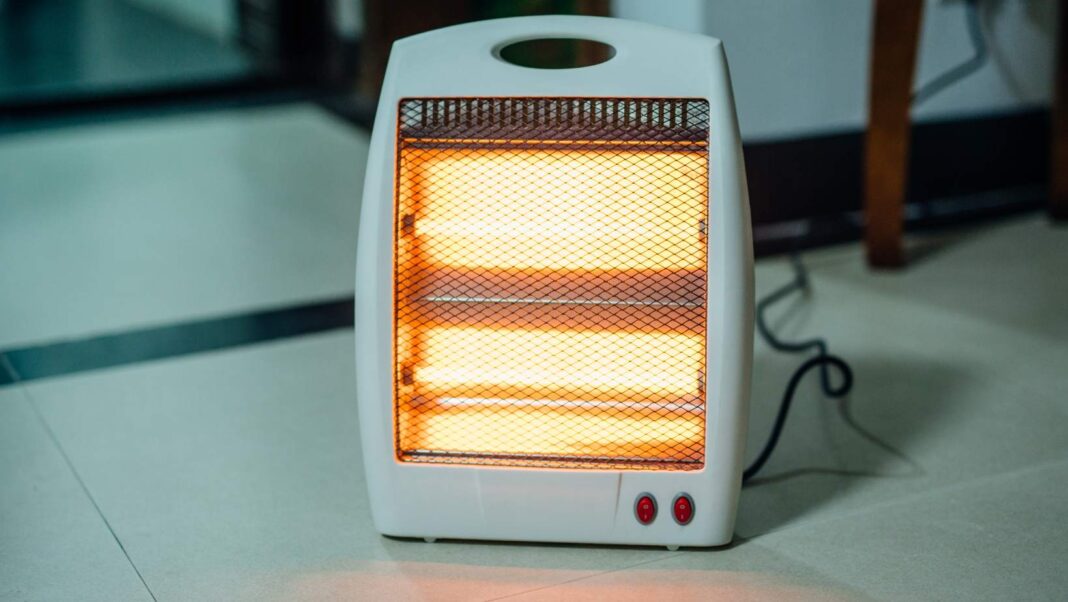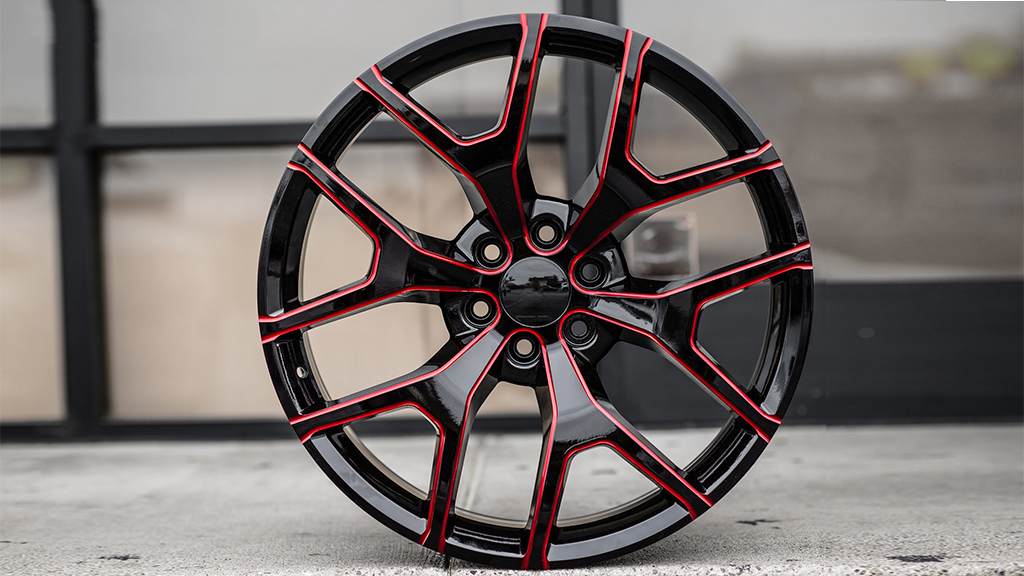Everybody loves winter. The soft aroma of tea and long nights make the most heavenly time of the year. However, still, warmth is a necessity!
Heaters are the most used appliance in winter. But, unfortunately, the traditional gas-operating ones are not very safe. There were many instances when a slight carelessness with a gas heater resulted in hazards. Observing the issues and expenses of coal or gas heating, a scientist named Thomas Edison invented the first electric heater in 1883. The devices have evolved ever since.
Currently, there are many manufacturers which offer a wide range of electric heaters, from freestanding to panel heaters. However, like all other household devices, electric heaters are also manufactured and tested on some standards. An intertek heater satisfies all the requirements specified in the standard.
What is Intertek?
Like all modern-day electronics, electric heaters are also tested before market release. The standard which all manufacturers follow for manufacturing heating devices is Intertek. Although the products are primarily based on the standard, some cross-checking is vital.
You must ensure that maintenance and the unit’s installation are done according to the specification in the standard’s documentation. Or else, in case of malfunction, the system may receive damage and ultimately put the users at risk.
Benefits Of Electric Heaters
Unlike a gas heater, an electric heater converts electricity into heat. Due to the working mechanism, electric heaters provide more comfort than traditional heating sources.
Safe
Since no combustion is involved, electric heaters make the safest heating option. Although the heater is hot to the touch, it doesn’t light fires like gas-powered ones.
Reliable
The fuel combustion in standard gas heaters results in continuous wear and tear of the heating rods. Hence, compromising the device’s durability. In comparison, an electric heater receives minimum component wear due to its efficient working mechanisms.
Energy Efficient
Traditional gas heaters are not energy efficient because they mainly rely on the fuel amount—the more the fuel input, the more vigorous the burning of the heater. Contrastingly, electric heaters are more energy efficient. They utilize minimum power but deliver the maximum output due to computerized chips.
Environment Friendly
Coal or gas heaters are not environment friendly. Burning fossil fuel releases hydrocarbons which ultimately harm the environment. However, electric heaters are much more eco-friendly as they don’t excrete harmful chemicals into the atmosphere.
Also, electric heaters don’t consume oxygen (as they don’t combust anything), so they are best for use in limited areas.
Clean
Electric heaters ensure cleanliness. They produce no ash during their operation. The heaters are safer for health-specific users with breathing issues, and ash or dust may cause inconvenience.
User Friendly
The incorporated computer chips allow you to control the unit with simple button clicks. You can easily set the maximum temperature. Moreover, some models also include an auto-turnoff feature, so you don’t have to wake up at night to switch off the device.
Cost-Effective
Traditional heaters require continuous maintenance. If you are using a gas heater, you may have observed significant maintenance issues like pipe wear, melted knobs due to the heater’s heat, etc. An electric heater only requires a decent upfront and no additional maintenance cost.
Conclusion
Electric heaters have been here for nearly two centuries; however, nowadays, they have gained significant traction because fossil fuels are depleting at an extraordinary rate. All electric heater manufacturers follow a manufacturing standard called Intertek, and it is crucial to verify if a model fulfills the standard’s requirements or not.
It is not the user’s job, but the installation company makes such assurances and then picks the model which fulfills all requirements. Implementing electric heaters in your homes proves cost-effective, eco-friendly, and reliable. Due to the absence of combustion, these units are less prone to wear and require little maintenance.














